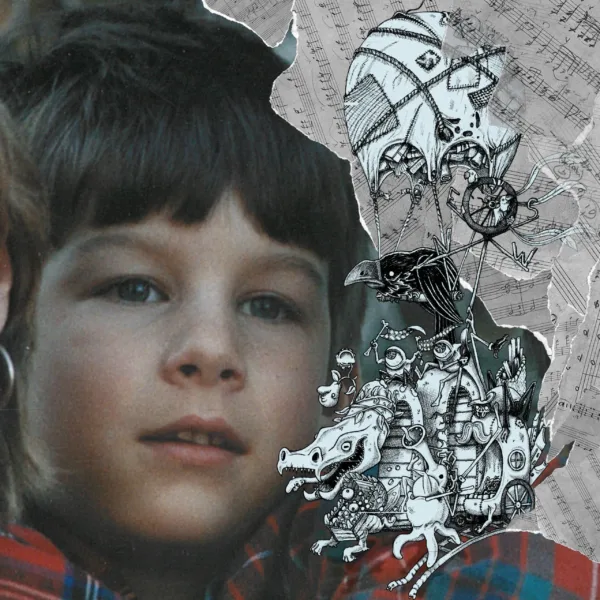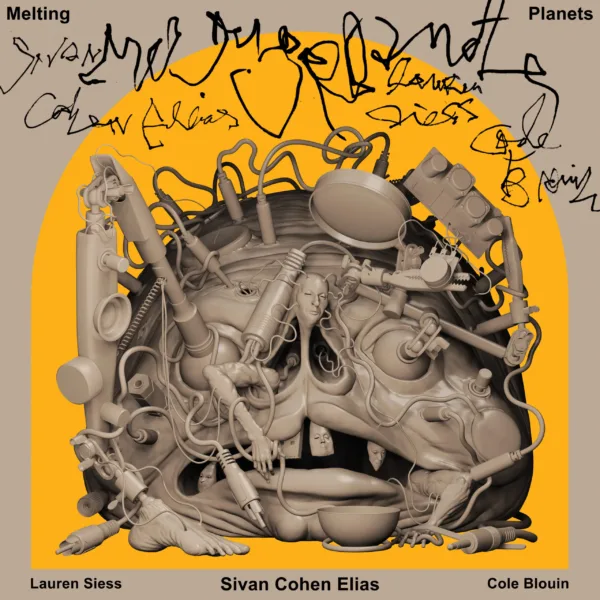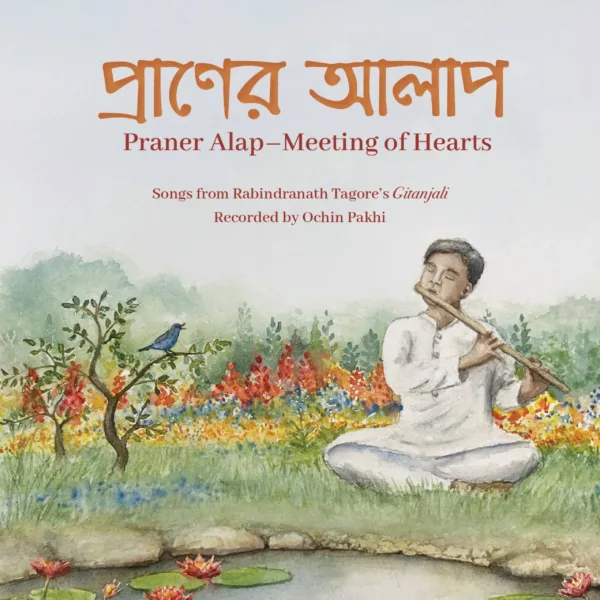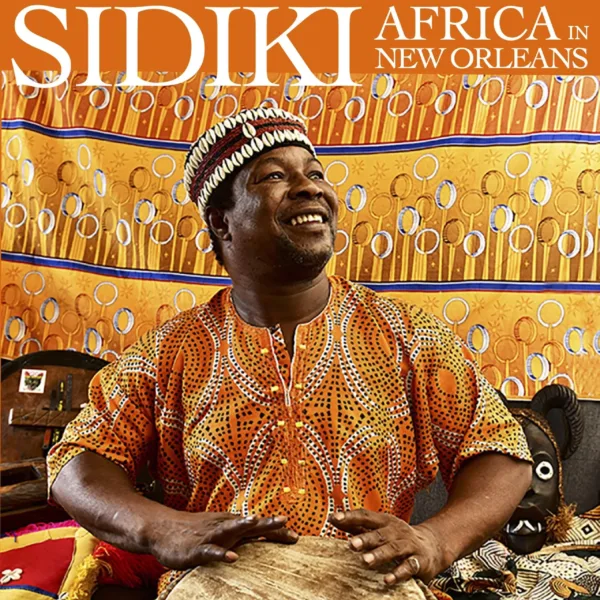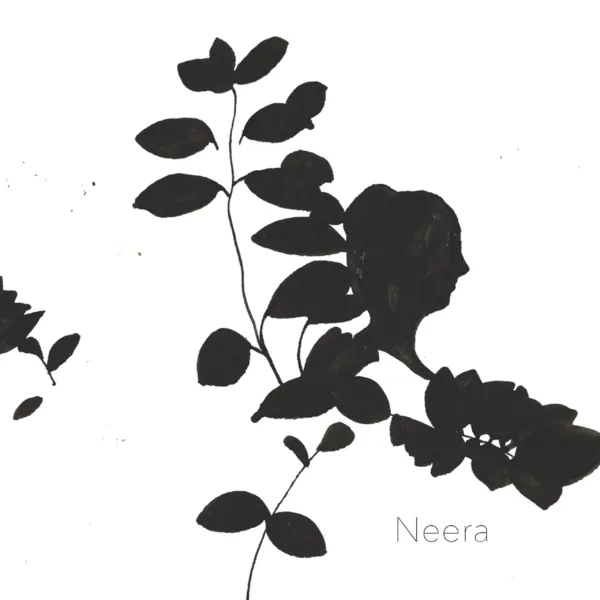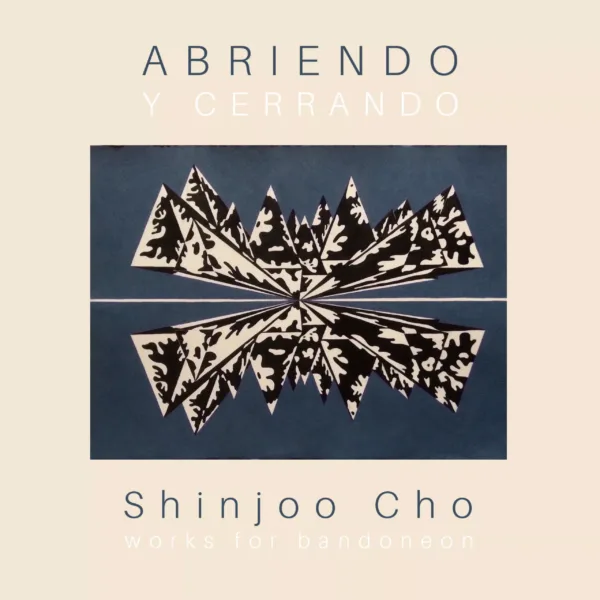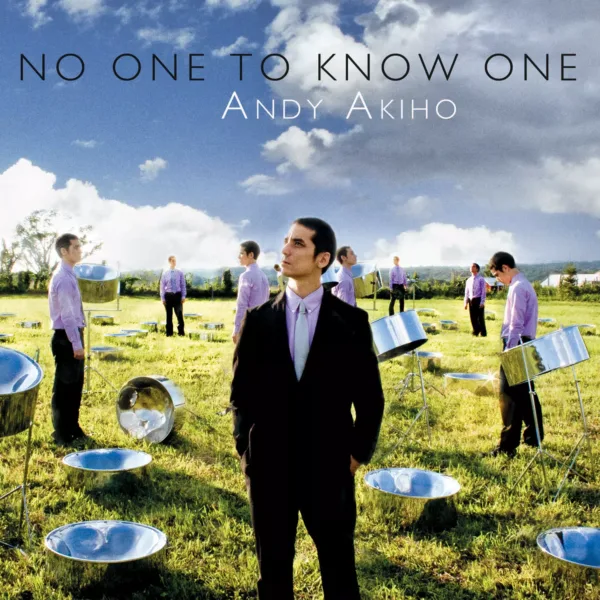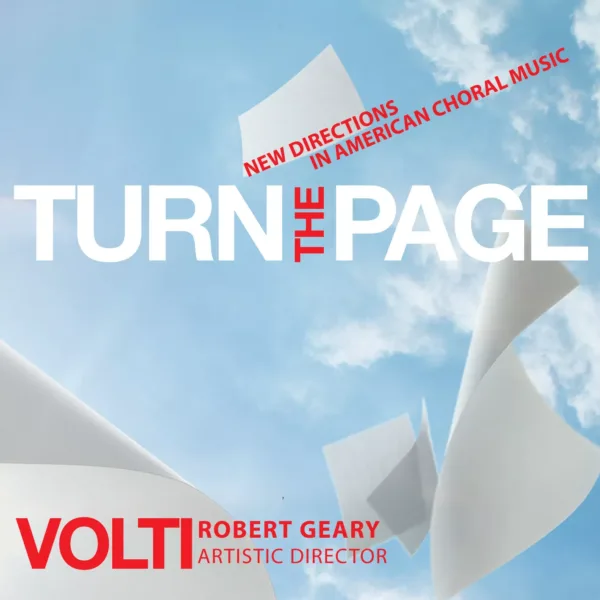Album
Reflections
1995 • New Classical • Chamber
1
Reflections: No. 1. Nocturne
3:10
2
Reflections: No. 2. the Maiden
2:48
3
Reflections: No. 3. Nocturnal Etude
2:09
4
Reflections: No. 4. Sehr Langsam
2:30
5
Reflections: No. 5. Circle
1:46
6
Reflections: No. 6. Piccola Musicale
2:37
7
Reflections: No. 7. Impromptu
1:22
8
Reflections: No. 8. Moon
2:41
9
Reflections: No. 9. Invention
1:28
10
Reflections: No. 10. the Hare
0:51
11
Reflections: No. 11. Cadence
0:55
12
Reflections: No. 12. Rainbow Etude
2:26
13
Solstice
3:54
14
Solstice and Equinox: Equinox
6:47
15
Maria Music: I. —
1:10
16
Maria Music: II. —
1:00
17
Maria Music: III. —
3:03
18
Maria Music: IV. —
1:27
19
3 Ostinato Studies: No. 1. Andante Cantabile
5:31
20
3 Ostinato Studies: No. 2. Lyric Variations
3:23
21
3 Ostinato Studies: No. 3. Allegro Molto
2:38
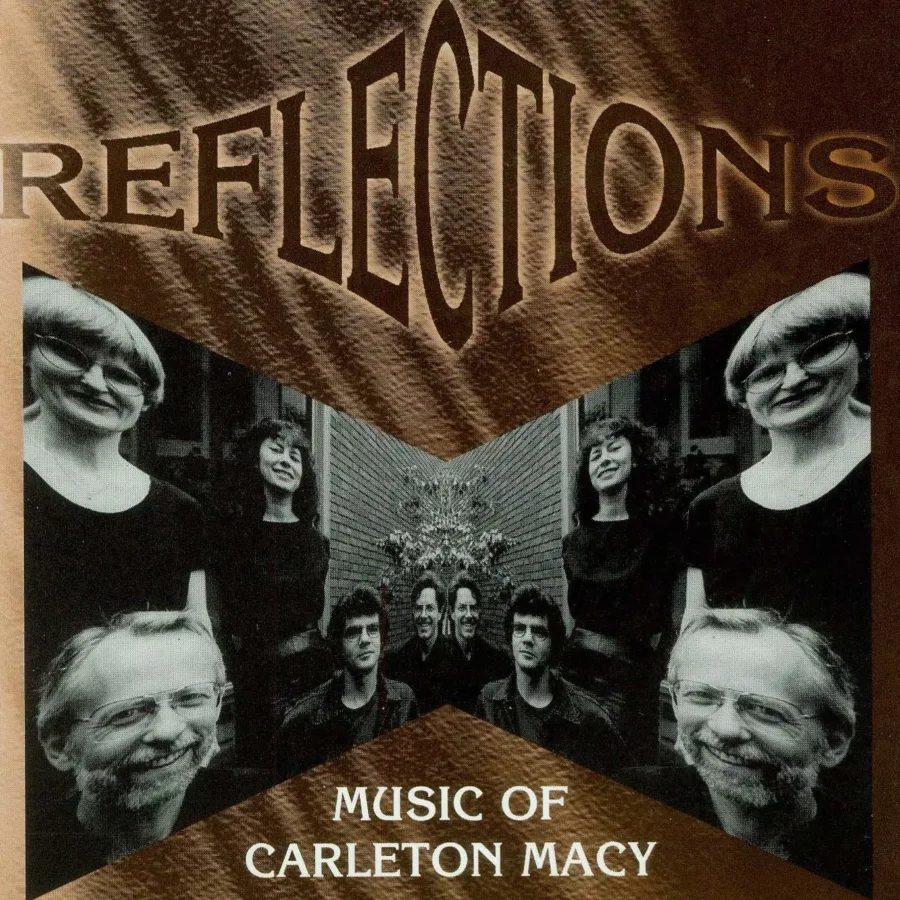
One Sheet
Four instrumental works by Carleton Macy for solo piano, piano and two flutes, and piano duo that challenges the listener to “find” the harmonic shapes of earlier works by Bach, Wolf, Chopin, Webern, Dallapiccola, Schubert, and others. Diverse styles influence these four appealing, yet thoroughly modern works, including “reflections” of jazz, pop, world music, and contemporary classics. Macy’s music presents a strong, coherent, and deeply personal new musical voice.
Artist
Composer
Performers
Release Date
January 1, 1995
Catalog Number
#503
